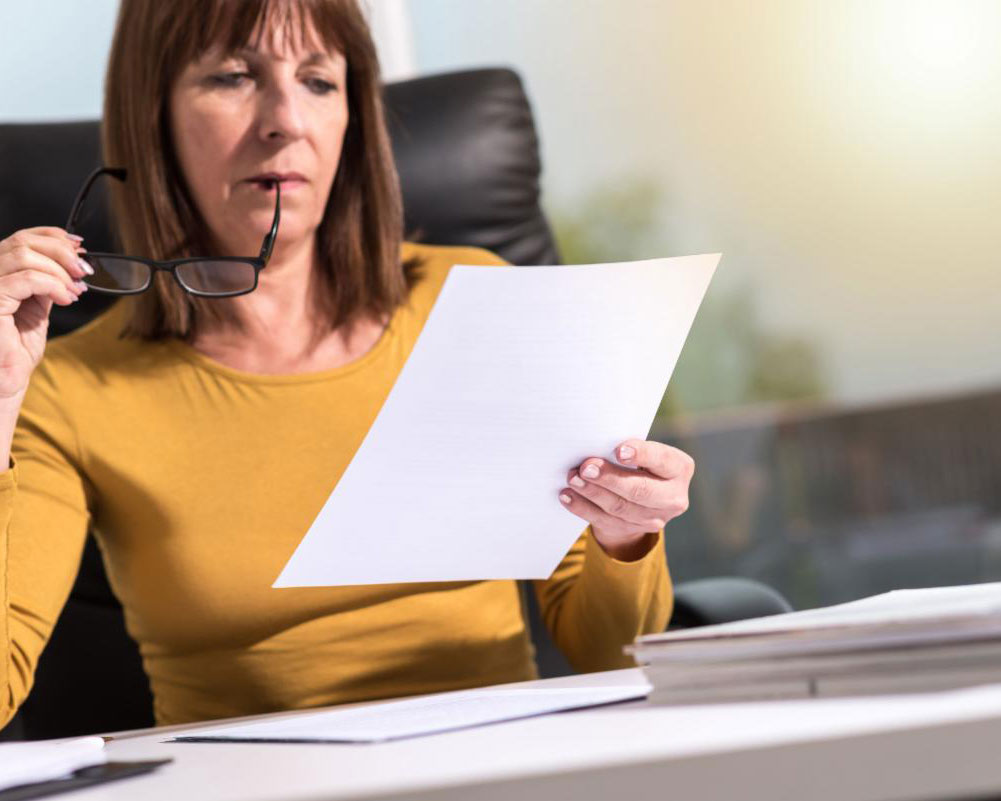When preparing for bankruptcy, there are many different considerations. Once the petition is filed, notice of the bankruptcy filing will be sent to all the creditors listed on the debtor’s master mailing list. With the automatic stay in effect, once the notice of the filing is received about a week later, certain creditors will react in certain ways, and not always as they should or as expected.
These actions and “reactions” include freezing accounts and removing money from accounts for set offs. Here are some tips for avoiding and minimizing the misguided actions of some creditors while preparing to file a bankruptcy case. The advice of a seasoned bankruptcy attorney can optimally minimize these unwanted actions by creditors.
Avoid Losing Funds or Access to an Account
New York debtors who file bankruptcy may exempt money in bank accounts in certain circumstances under the New York and federal exemptions. Shortly after a bankruptcy case is filed, the assigned trustee will review the balance of the account on the date that the bankruptcy petition was filed. If the balance of the account is more than the amount of the chosen exemption, the trustee will take the difference between the balance and the exemption amount on behalf of the debtor’s bankruptcy estate.
Some banks may actually (wrongly) freeze an account upon notice of a bankruptcy case, which may necessitate your attorney contacting the bank.
In both cases, avoidance of these potential problems requires minimizing the account balance by using any funds to pay necessary bills before filing the bankruptcy case.
Avoid Set Offs
Potential bankruptcy debtors often have other debts, such as credit cards and vehicle loans, with the financial institution where they have a checking, savings, or investment account.

It is likely that the contract for the credit card or vehicle loan contains a provision allowing the bank to withdraw funds from a deposit account and apply the money to the loan balance of the credit card or vehicle loan.
A solution to this problem is to take loans from institutions where you do not have any checking, savings, or investment accounts.
Like bank accounts, security deposits held by utility companies may be used to set off any unpaid utility bills. If possible, the bankruptcy filing should be timed when the debtor is current on gas, electric, and water bills.
Stop Automatic Payments Before Filing
Creditors are required to stop automatic payments or charges once they receive notice of a bankruptcy filing. However, creditors making authorized automatic deductions from a bank account, paycheck, or credit card, typically do not cease this action as quickly as most debtors would desire.
Stopping these automatic charges is especially crucial if a creditor has been authorized to debit a bank account for a debt that will be discharged, collect money from a paycheck for a debt that will be discharged, or charge a credit card for services.
Once bankruptcy is the decided course of action, any recurring automatic payments to creditors should immediately be canceled.
Notifying Creditors of the Bankruptcy
If unable to stop automatic payments before filing, the process may be expedited by notifying an important creditor. A bankruptcy attorney can provide the creditor with all the pertinent information about the bankruptcy filing. This may be especially advantageous if a wage garnishment, foreclosure sale, or vehicle repossession is imminent.

